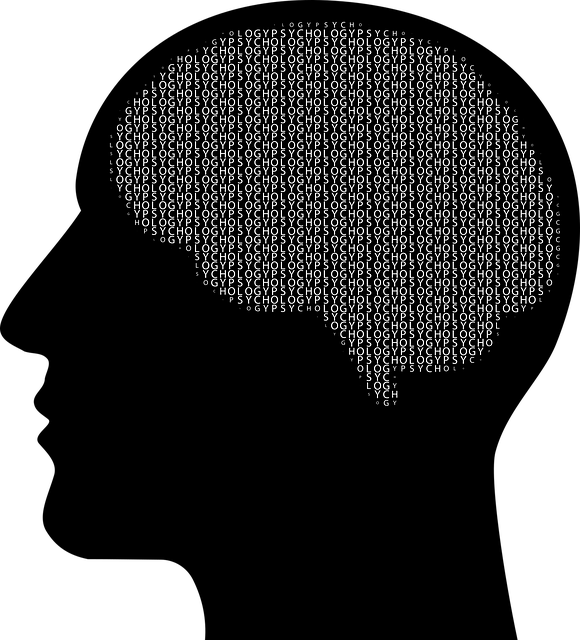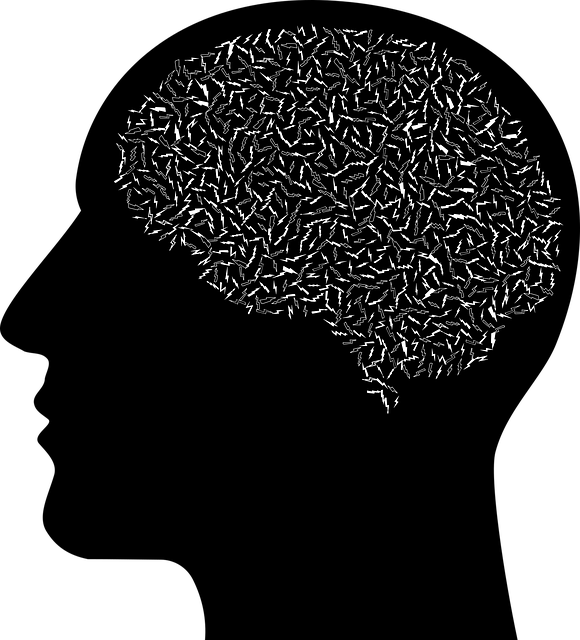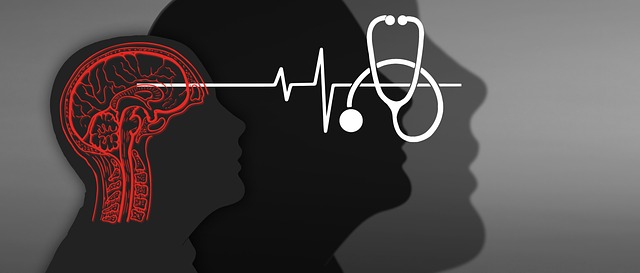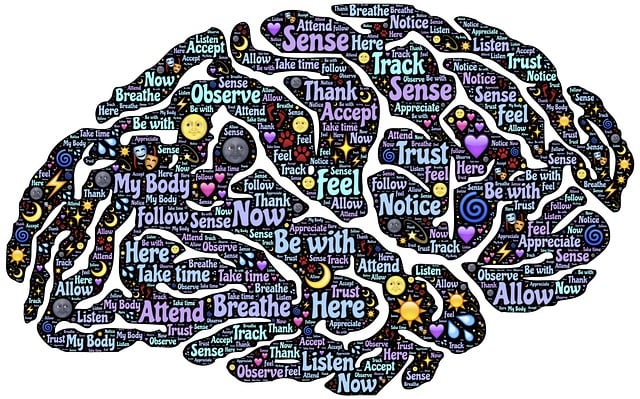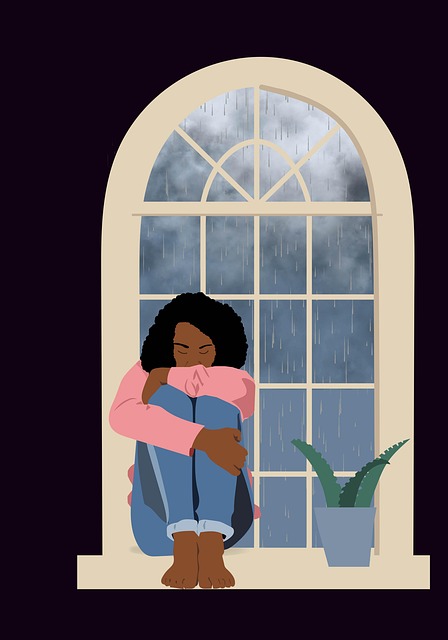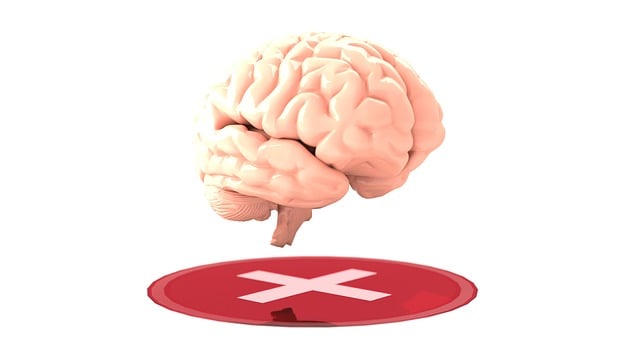Adolescent teen anxiety, driven by biological, genetic, environmental, and life change factors, manifest as excessive worry, restlessness, concentration issues, irritability, and physical symptoms. Effective therapy solutions like Social Skills Training, Crisis Intervention Guidance, CBT, MBSR, and ACT equip teens with coping skills and emotional resilience to manage anxiety. Daily stress management techniques at home, including structured routines, relaxation spaces, mindfulness exercises, and hobbies, alongside supportive communication and empathy-building, significantly reduce anxiety and promote emotional well-being.
Stress reduction methods are crucial for adolescent teens navigating the complexities of adolescence and anxiety. This article delves into understanding the causes and symptoms of teenage anxiety, exploring effective therapy approaches tailored for their unique needs. Additionally, it offers practical strategies for daily stress management at home, empowering teens to thrive in today’s demanding world. For parents and caregivers, these insights provide valuable tools to support mental wellness through evidence-based practices, focusing on therapy for adolescent teens anxiety.
- Understanding Adolescent Teen Anxiety: Causes and Symptoms
- Therapy Approaches for Effective Stress Reduction in Teens
- Practical Strategies for Daily Stress Management at Home
Understanding Adolescent Teen Anxiety: Causes and Symptoms

Adolescent teen anxiety is a growing concern among today’s youth, with many experiencing symptoms that can significantly impact their daily lives. This period of life often comes with a myriad of challenges, from academic pressures to social expectations and identity formation. The causes are multifaceted, including biological factors, genetics, environmental influences, and major life changes. Some common symptoms include excessive worry, restlessness, difficulty concentrating, irritability, and even physical manifestations like insomnia or stomachaches.
Social Skills Training, as a form of therapy for adolescent teens anxiety, has proven effective in addressing these issues. By teaching essential social and emotional healing processes, it empowers teens to manage their anxiety in various settings. Additionally, Crisis Intervention Guidance can offer immediate support during intense episodes, equipping adolescents with coping strategies. These approaches aim to enhance resilience and foster healthier relationships, ultimately contributing to improved mental well-being.
Therapy Approaches for Effective Stress Reduction in Teens

For teen adolescents struggling with stress and anxiety, various therapy approaches offer effective solutions to develop inner strength and emotional regulation skills. Cognitive Behavioral Therapy (CBT) is a well-known method that helps teens identify and challenge negative thought patterns contributing to their anxiety. By teaching them coping skills development, CBT empowers teenagers to manage stress more effectively. Through this process, they learn to replace unhelpful thoughts with realistic ones, leading to improved emotional well-being.
Additionally, therapies like Mindfulness-Based Stress Reduction (MBSR) and Acceptance and Commitment Therapy (ACT) focus on present-moment awareness and acceptance of emotions. These approaches foster emotional regulation by encouraging teens to observe their thoughts and feelings without judgment, allowing them to develop a stronger sense of inner strength. By integrating these coping skills into their daily lives, adolescents can better navigate stressful situations and lead more balanced and fulfilling lives.
Practical Strategies for Daily Stress Management at Home

Managing stress daily at home can be a game-changer for adolescent teens dealing with anxiety. Practical strategies such as establishing a structured routine and dedicated relaxation spaces can help reduce tension significantly. Waking up at consistent times, setting aside moments for mindfulness exercises or light stretching, and engaging in hobbies like reading or painting are simple yet effective ways to cultivate inner calm. Incorporating these practices into daily life encourages teens to develop mind over matter principles, fostering resilience against anxiety’s impact.
Additionally, creating a supportive home environment further enhances stress reduction. Encouraging open communication and implementing social skills training allows teens to express their feelings healthily. Empathy building strategies practiced within the family help in understanding and addressing each other’s emotional needs, ensuring everyone feels heard and valued. Such approaches collectively contribute to managing anxiety levels, promoting a sense of peace at home.
In addressing teen anxiety, it’s clear that a multi-faceted approach combining therapy and practical strategies is key. By understanding the causes and symptoms of adolescent anxiety, parents and caregivers can better support their teens. Effective therapy approaches, such as cognitive-behavioral therapy (CBT), offer powerful tools for managing anxiety. Additionally, incorporating daily stress management techniques at home can significantly enhance a teen’s resilience and overall well-being. For stressed teens, these methods provide hope and a path to navigating life’s challenges with greater ease. Remember, seeking professional help is a significant step towards finding effective solutions for therapy for adolescent teens’ anxiety.
